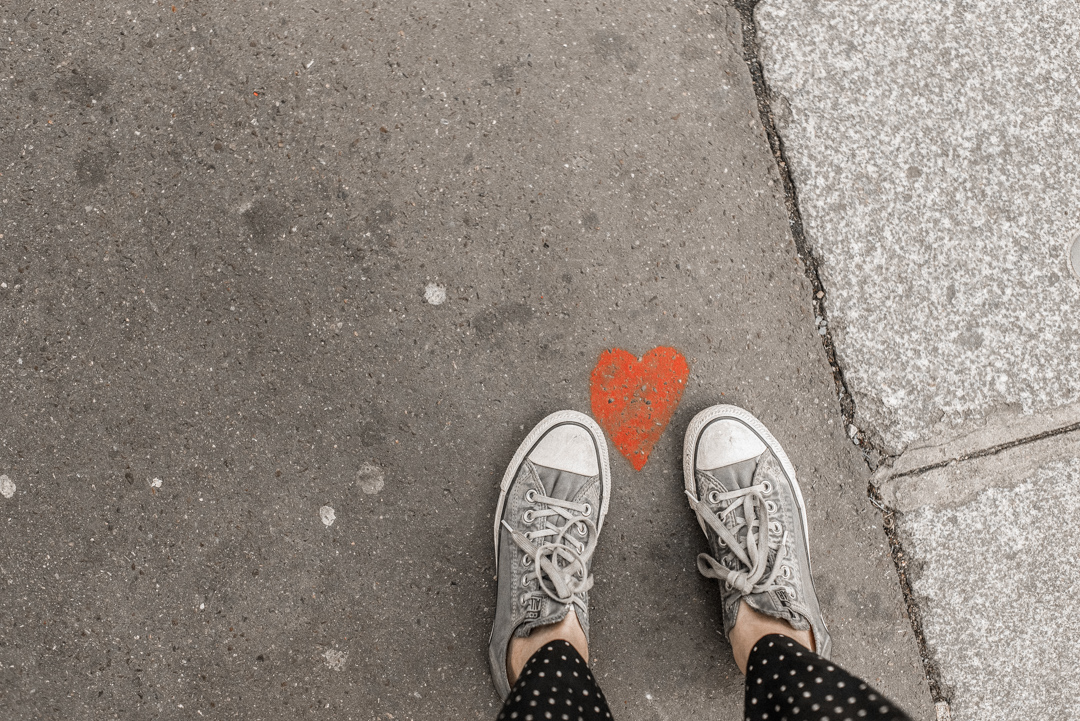 The 1st to the 7th March 2021 is Eating Disorders Awareness Week here in the UK. The focus of this year’s campaign is on Binge Eating Disorder (BED) – one of the most common eating disorders; yet it’s the one that is least talked about. Throughout my history with mental illness and eating disorders, I have never experienced BED and therefore I don’t feel that it is something I can discuss or comment on with any authenticity. Instead, I’m going to talk about how you can be an ally to someone with an eating disorder.
The 1st to the 7th March 2021 is Eating Disorders Awareness Week here in the UK. The focus of this year’s campaign is on Binge Eating Disorder (BED) – one of the most common eating disorders; yet it’s the one that is least talked about. Throughout my history with mental illness and eating disorders, I have never experienced BED and therefore I don’t feel that it is something I can discuss or comment on with any authenticity. Instead, I’m going to talk about how you can be an ally to someone with an eating disorder.
It’s been just over 4 years now since I started my second recovery journey from an eating disorder. During that time, so many of my friends and loved ones have expressed their desire to help or support me. The trouble is, they didn’t or don’t always know how to do that. Quite often they worry about saying or doing the wrong thing. Will they upset me? Trigger me? Or if they do nothing at all, will I feel like they’ve abandoned me? I don’t think that there are any clear right or wrong answers here. But in my experience, and that’s all this is, these are the things I would suggest if you’d like to be an ally to someone with an eating disorder.
1. Don’t comment on their weight or body
This is the one that tends to come up over and over through all of the ED related content and chat that I’ve come across. “You look well” is a phrase that the majority of ED sufferers absolutely HATE hearing. Why is that you may wonder? For me, when I heard that I “looked well” my brain simply translated that to “you look fat“. I realise that this doesn’t make a lot of sense but eating disorders are competitive and even if you are invested in your recovery and you want to get well, hearing that you “look better” really reinforces that there has been a change in your physical appearance.
Even at my lowest weight, I never actually felt thin enough or sick enough so to know that I was gaining weight in recovery and that it was noticeable, kind of felt like failure. I’m not sure if that makes sense or if I’m wording this correctly. It’s not an easy thing or feeling to explain. I just know that I responded in a much better way to comments that had nothing to do with my body or weight. Some really good examples of positive things that you could say without any focus on appearance are “you seem so much happier” or “you’re sounding so positive and I love that.” At the end of the day, there are probably hundreds of things that you like about someone that have nothing to do with how they look. Focusing on those is a brilliant reminder that we are more than our eating disorder and/or bodies.
2. Give Gentle Encouragement
I imagine that it can be so frustrating to watch someone you care about struggling with eating disorder behaviours, whether that’s restricting intake, purging or over exercising. However, comments like “Why can’t you just eat” or “Have a burger” or “Why don’t you just stop” are so unhelpful. Eating Disorders are complex mental illnesses. They have the highest mortality rate of any psychological disorder. If it were as simple as just starting or stopping doing something then I think we’d have figured that out, right? Comments and questions like these can add to the guilt and shame that we’re already feeling. Instead, perhaps try giving some gentle encouragement and just let your friend/loved one know that you’re there to support them and listen to them.
3. Avoid commenting on what they’re eating
The other day I posted a photo of my breakfast on my Instagram stories. Someone commented that they thought there was too much peanut butter on my bagel. My initial knee jerk reaction was panic. Was there too much peanut butter? Am I greedy? Luckily, I’m now far enough in to my recovery journey to be able to pull myself out of that head space before I begin to spiral. A couple of years ago, I would probably have struggled with it quite a lot. I remember the days when I used to weigh my peanut butter and seriously, it’s as miserable as it sounds. I never want to go back to that kind of restrictive eating and just for the record….. there is no such thing as too much peanut butter.
The point I’m trying to make here is that none of us should ever comment on what other people are choosing to eat, especially if that person is struggling with an eating disorder or in recovery. I realise that it’s probably never done with the intention of upsetting or frightening anyone, it may even be in complete jest; but not everyone will be able to see it that way. Our bodies and our nutritional needs are all different so what seems like a lot or a little to you may be just right for someone else. The best way to be an ally to someone with an eating disorder when it comes to food is to simply be supportive of whatever they eat or try to eat.
4. Don’t make comparisons
Body dysmorphia often goes hand in hand with an eating disorder. For many people suffering or in recovery, they just aren’t always able to see their own body in the same way that others do. Always try to remember that the way we think about our weight and appearance has no impact on or comparison to the way we perceive other people’s bodies. Comments such as “Well if you think you’re fat then you must be disgusted by me” or “you must think I’m obese then” are unhelpful and also untrue. If your friend or loved one is struggling with an eating disorder or if they’re in recovery, it’s very much about them and not about you. They aren’t thinking negative things about you just because of their own poor body image. Also “I wish I had your willpower” is definitely on the what not to say list. There is nothing glamorous or strong about having an eating disorder. It’s not dedicated and nor is it a strength that should ever be admired. It’s torture and I wouldn’t wish it on my worst enemy. Oh and while we’re at it, please don’t tell us about the latest diet you’re doing or how much weight you’ve gained/want to lose. I’m always so happy for my friends when they reach their goals or when they feel fitter or healthier. I just don’t want to know the specifics of how they got there.
5. It’s ok not to understand
I know that some of my family and friends struggled a lot with my eating disorder diagnosis. It came as a shock to many of them and I think they saw such a huge shift in my mood and behaviour and they really weren’t sure how to react to that. Looking back, I can see why. I did a lot of things that were out of character. My behaviour was often erratic. I also attempted to isolate myself from a lot of people so that I could continue doing what I was doing without them intervening. I most definitely lost friends. I also probably damaged some relationships beyond repair. This still hurts, even now. I understand that people don’t always know how to support someone who is suffering. I get that it can feel like you’re watching someone destroy themselves before your very eyes and that you can’t or don’t want to be there for that. The only advice I can give here is to tell the person that you don’t understand. Be honest with them about your concerns. Let them know that you’re worried and that you care for them. The best way to be an ally to someone with an eating disorder is really just to be there; even if you feel like you have no idea what you’re doing.
“I don’t understand this or why this is happening to you or why you are doing what you’re doing, but I am here for you. I’m here when you’re ready to talk and I will listen without judgement.”
If you are struggling with an eating disorder or you’re concerned about the behaviour of a friend or loved one please speak to someone that you trust and/or your GP. You can also contact BEAT anonymously and for free on the numbers below:
The Beat Adult Helpline: 0808 801 0677
Email: help@beateatingdisorders.org.uk
The Beat Youthline: 0808 801 0711
Email: fyp@beateatingdisorders.org.uk
As always, thanks for being here.
Beth Anne xoxo
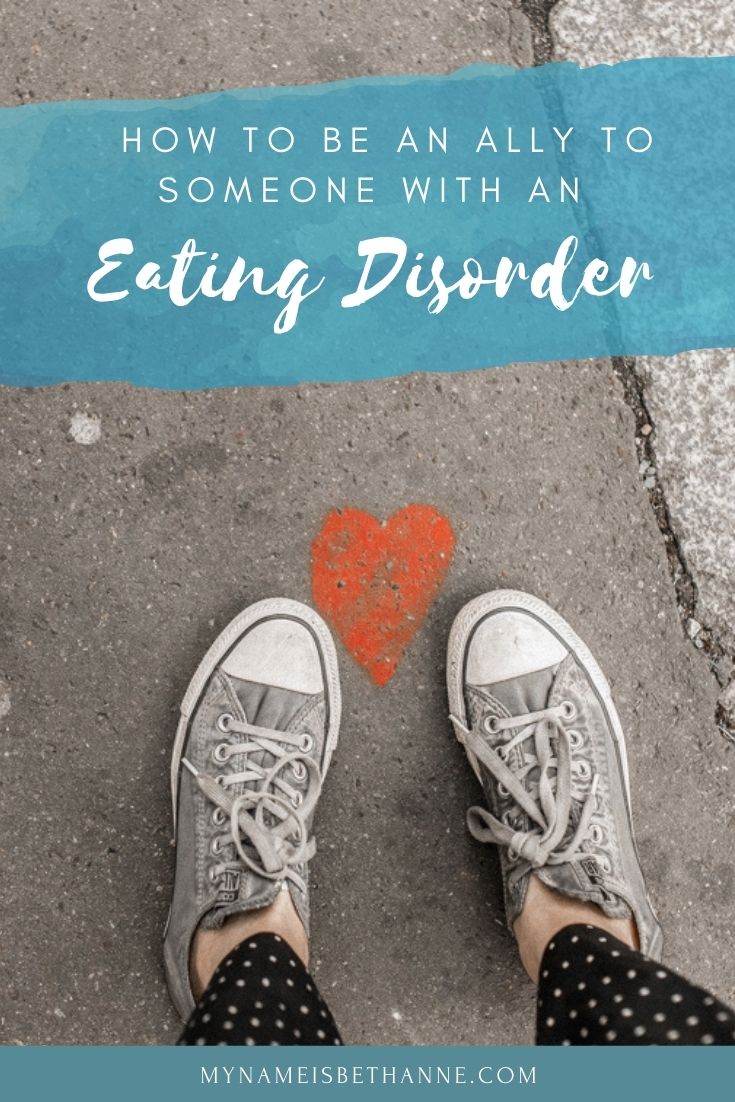
![Mother Clucker…… DERBY WING FEST delivers yet again!!
[PR/Invite]
I had an absolute blast at @wingfestuk at @bustler_derby this weekend. The sun was shinin’ the beats were pumpin’ and the Wings were off the charts, incredible.
Honestly, the Wing vendors came from all over the country and they were not messing around this year. With each stand cooking up a Buffalo Wing and a Wild Wing there were just so many ways to tickle your tastebuds.
For us, the Cinnamon Toast Crunch from @eatpoorboys was just genius and we literally licked our plate because THAT SAUCE 😂 Big shout out too to our pals @the.wing.guys @dirtychickenuk and @eatthebird. We gave your Wild Wings 10s all the way 🤪
Thanks again @wingfestuk for putting on such a great event. We loved the addition of the beer puppets this year 😂 and the Iced Gelato Pops. Congratulations to all of those who received awards. We cannot wait to see what you come up with next year.
Wing Fest is coming to London, Manchester, Birmingham and Bristol THIS SUMMER so be sure to head to their Insta/Website and secure your tickets because this is a party that you do not wanna miss. Might even try to get over to Manchester myself so perhaps I’ll see you there 🙌🏻
#wingfest #wingfestuk #bustlermarket #derbyfood #derbyfoodie #derbyfoodies #wingswingswings #chickenwingsforlife #chickenwings #derbyshirefoodie #nottinghamfoodblogger #eastmidsbloggers #streetfoodfestival
](https://mynameisbethanne.com/wp-content/plugins/instagram-feed/img/placeholder.png)
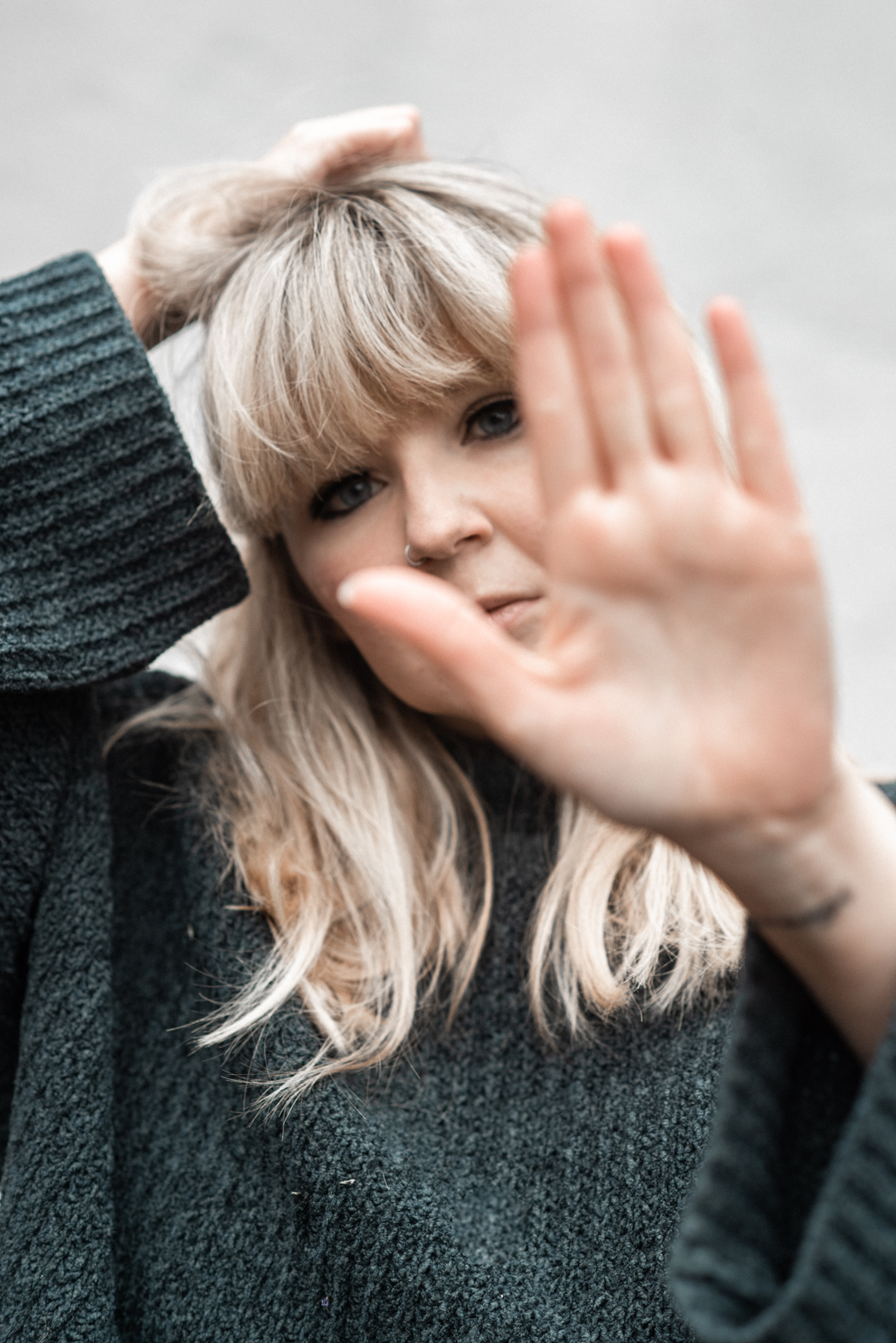
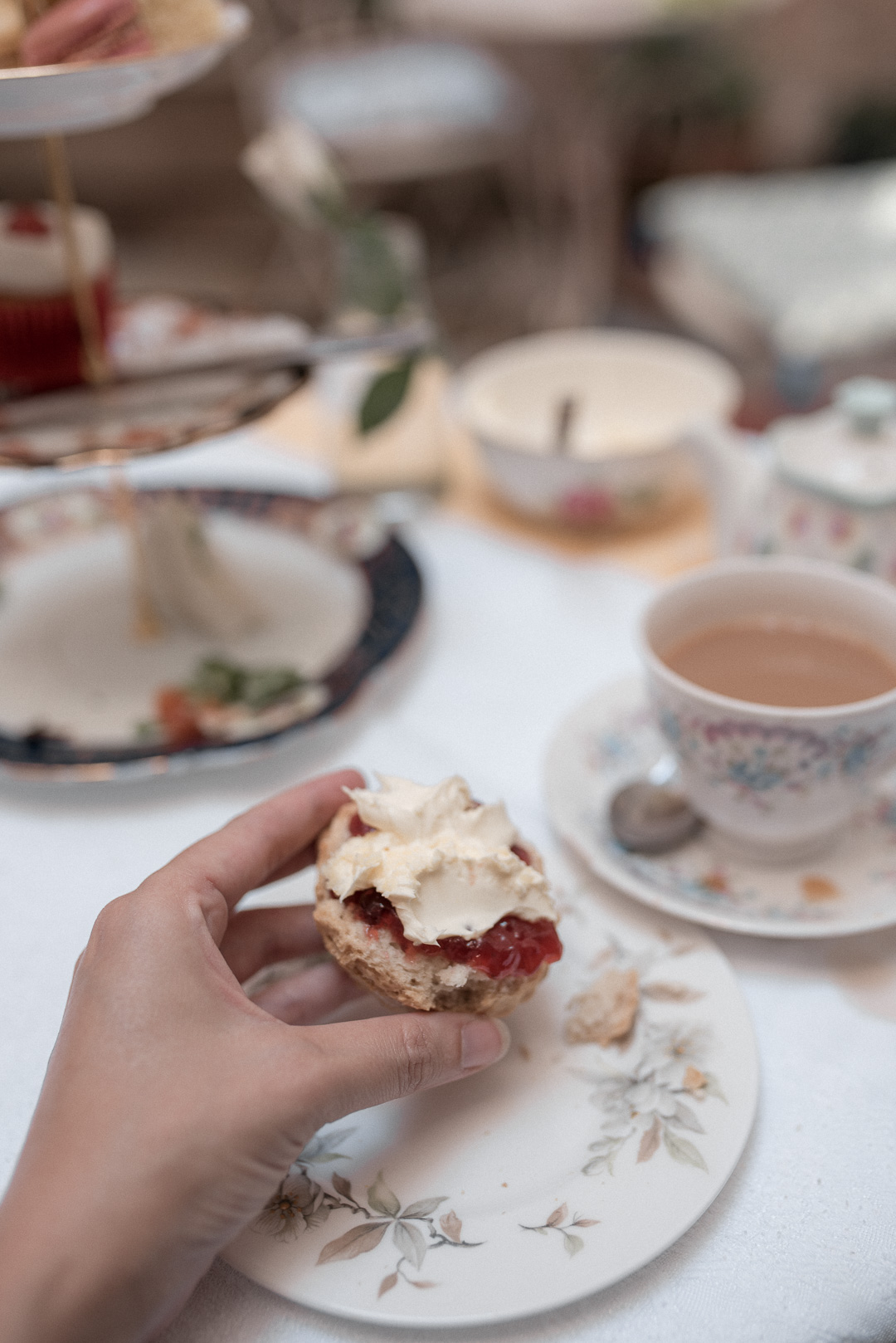
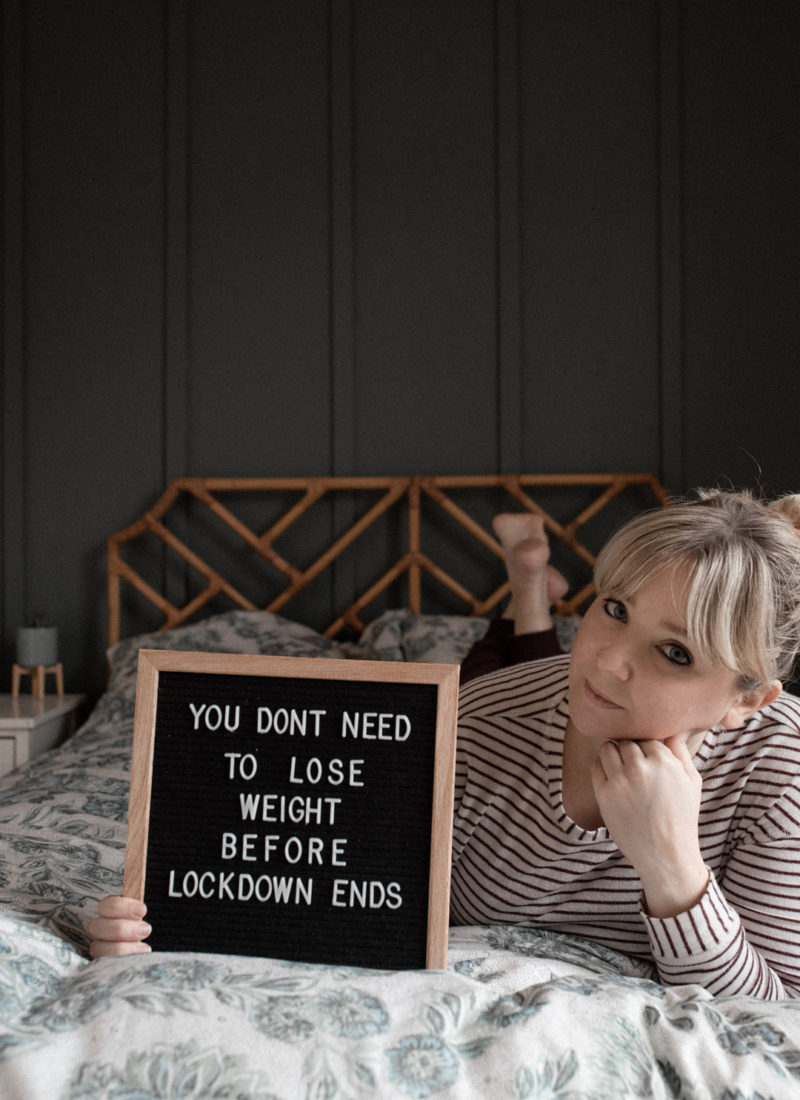
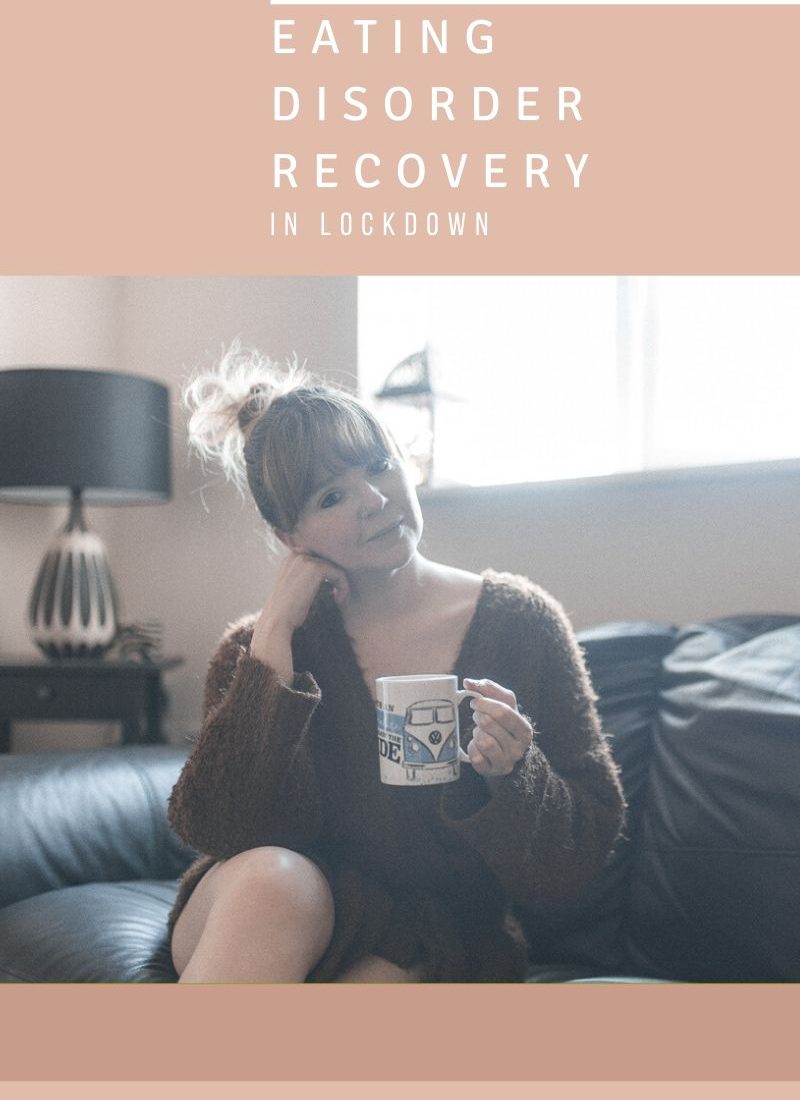

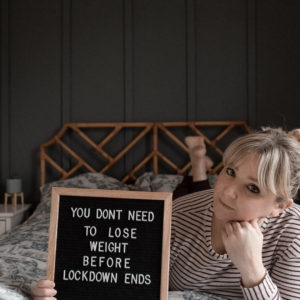

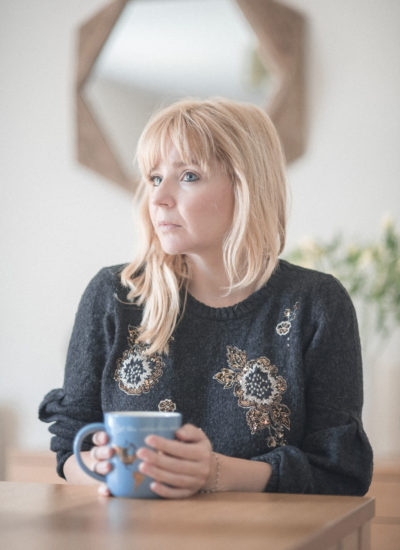
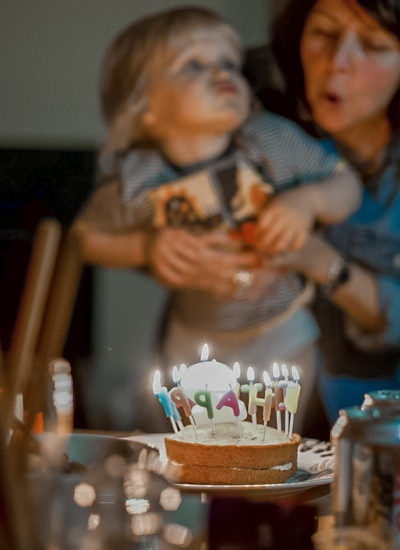
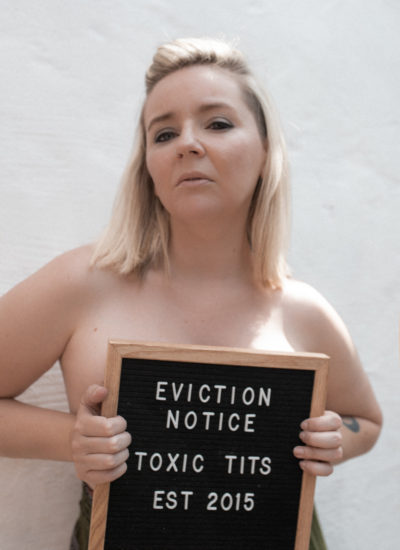
Such wonderful advice — thank you for sharing!
Thank you for these helpful recommendations. I will try my best to keep them in mind for when I’ll be in a situation when I need them!
Love this! Friends & family used to ask how to help and I’d just never know what to say. But I think it’s important for them to sometimes just listen <3
This is a very helpful post for anyone supporting a friend or loved one through these tough times, I think it can be hard to empathise when you have not gone through something- and sometimes you need someone to tell you exactly what support helps, which this post does! Thank you for sharing, stay safe x
This is a really informative post. One of the things I really took from your post is about how saying someone looks well could potentially be triggering. Commenting on people’s eating habits is ALWAYS a no-go, but I could’ve easily mindlessly said “you look well!” or “you look healthy” to one of my friends and thought of it as a genuine compliment. I think you explained it really clearly – definitely something I’ll be careful of in future xx
mia // https://beautiful-inspiring-creative-life.com/
So pleased to know that this has been a helpful post for you. Thank-you for listening and for taking on board the things that I’ve suggested. Xx
Thank you so much for sharing such a personal yet informative post! While I don’t have an eating disorder, I do suffer from chronic pain and hate being told that I “look well”. What I look like on the outside is entirely separate from what’s going on on the inside so I can see why it might also be harmful to people suffering from an eating disorder or any mental illness really.
I knew it was eating disorders week, but I didn’t know they’d picked a specific eating disorder as the focus for it, I just shared my all my eating disorder related content far it instead. I should have wrote something specific for it if I’d of known then theme beforehand.
Anyway, really informative post. I have a question, how do you express words of encouragement and support for people who have lost weight from an obese starting size and they’re proud of their weight loss that won’t cause issues with developing an eating disorder?
Hey B
Just visiting your blog and diving into some posts.
This one got to me.
I’m just simply in awe of the care you take in explaining things so openly and with so much compassion – also for those who may not get it. No one is “left behind” with your words, no one judged or blamed – just words shared with love.
I’m – as you know – autistic. Trans, had several depressions, anxiety, stress collapses, a mild add – and my ED has by far been the most complex of the things I have had to fight through. Even today – occasionally it still whispers in my head.
Just trying to say that I agree : this is not something I’d want my enemies to go through.
Thank you for your words, my friend.
Have a great weekend 🌸